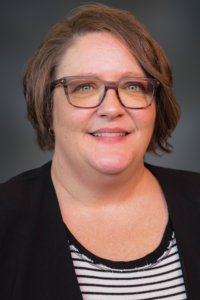Secondary English Language Arts at LPS
Proficient understanding of the English language is central to learning. Our democratic society requires informed and literate citizens who can read with comprehension, write with clarity, speak and listen effectively, and analyze language critically. Instruction in the English Language Arts (ELA) provides students with these essential skills and strategies for personal, educational, workplace, and social situations. Secondary ELA endeavors to meet the following expectations with respect to the scope and sequence of curricula and equitable, student-capable classrooms:
- Students will be able to comprehend, analyze, and investigate increasingly complex prose, poetry, and informational text to establish connections and relevance in the following ways: from one text to another, from text to self and others, and from text to the past, present, and future world.
- Students will understand how vocabulary impacts the credibility and effectiveness of a message and be able to productively use grade-level conversational, academic, and domain-specific vocabulary suited to their purpose.
- Students will be able to plan, generate, revise, edit, and publish or present compositions or speeches supported by logical reasons and relevant evidence from credible sources for varied audiences and purposes.
- Students will be able to communicate effectively using appropriate interpersonal skills: to listen to learn and ask relevant questions and to speak to share ideas and knowledge.
- Students will learn in classroom communities that provide a safe, inclusive, and representative environment.
- Students will be held to high expectations in classroom communities that instill a value for discomfort and productive struggle as critical elements of the learning process.
- Students will pursue academic, career, and life goals in classroom communities that recognize student strengths and interests.
Finally, a wide variety of elective courses encourages students to extend and apply their basic English skills and knowledge. Specialized study of literature provides students the opportunity to deepen their knowledge of a particular historic context, literary genre, cultural perspective, or written form. Specialized courses in reading strengthen reading strategies and skills for transition to adult work and study. Specialized courses in writing strengthen writing skills and organization in a variety of written forms. Activities in journalism, speech, debate, and drama develop student leadership, the ability to manage deadlines, technical expertise, poise, and self confidence.




Michelle Hohenfeldt-Spethman
Middle School Teacher Leader
- Phone: 402-436-1560
- Email: mhohenf@lps.org

